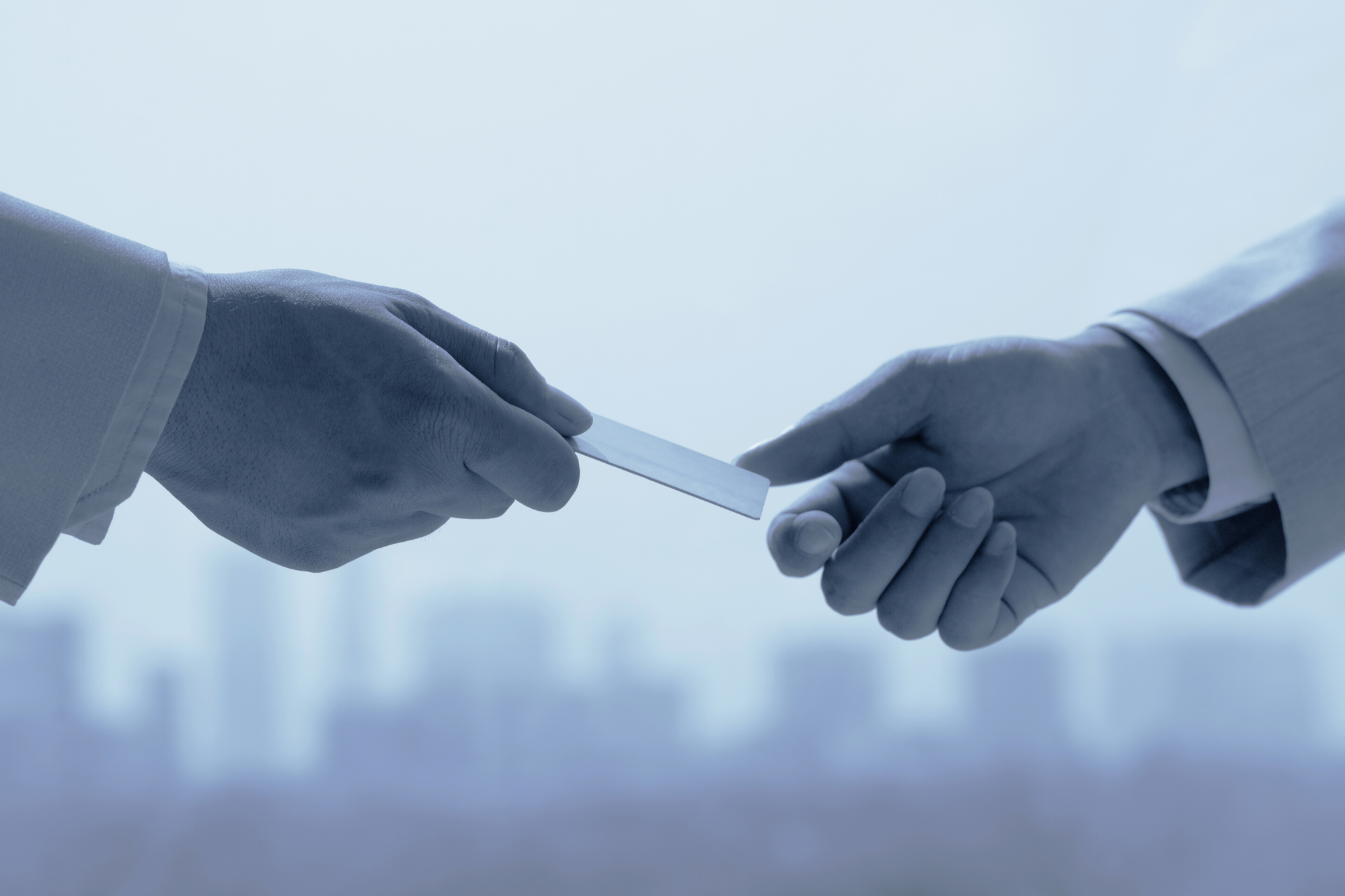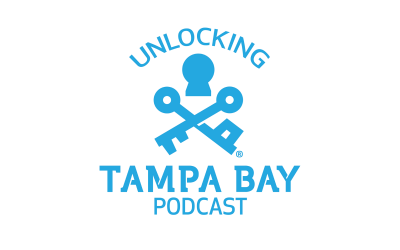We live in a digital world. We send evites in place of printed invitations and attend webinars instead of meetings. We rely on our computers, laptops, and phones to conduct everyday business and to connect with friends and family. So, why do we still carry around business cards?
While they may seem old-fashioned, business cards are still very important in networking and in customer acquisition. In fact, business cards are among the most effective and cheap direct marketing tools you have in hand. While paid media and digital marketing all have their place in your marketing plan, the value of networking and grassroots efforts shouldn’t be discounted. You can find a potential client at any time, whether you’re at a tradeshow or in the airport, and exchanging business cards ensures that you won’t miss a valuable connection.
Regardless of where you meet, you want people to have a great first impression of you and your business. Your business card does much more than give a potential client your contact information; it’s the first impression of your entire brand. Just like you wouldn’t create a business sign with a piece of cardboard and marker, you should put thought into the design and shape of your business card. What is unique about your business that you can incorporate into your card? At Sky, our business cards are die cut into a whimsical cloud shape, which (we hope) gives you an insight into the personality of our company and helps you remember us!
And, cards that are creative often get shared – which means that they will continue to market for you. A person who is impressed by your business card will likely show it to other people, which then introduces them to your company and puts your brand in front of new prospects. If you were just to exchange contact information through text or email, the conversation would have ended there.
If your goal is to connect with a potential client in a memorable way, business cards can help you do that. The design itself can be a conversation-starter. The exchange of cards can give you the opportunity to introduce yourself and explain more about what you do. While it’s easy to send contact information to someone through text or email, it’s also very impersonal. You could type the information into your phone as you are trying to talk, but you’ll be distracted, spending more time looking at your device than connecting with the person in front of you.
Or even worse, your cell phone could be dead when you try to add their information to it. You might have to write your contact information on a scrap of paper or cocktail napkin, which most certainly will be lost or tossed aside. Situations like these are not only embarrassing, but they reflect on your professionalism. If you always keep business cards in your wallet, bag, or briefcase, you always will be prepared to meet a new prospect!
Does your business card convey your brand? How can it help you market more effectively?





